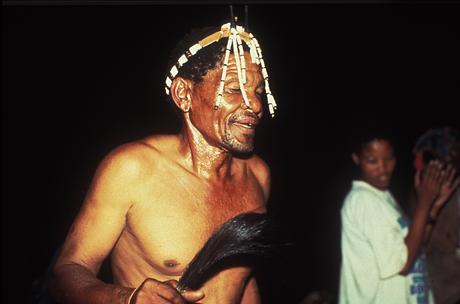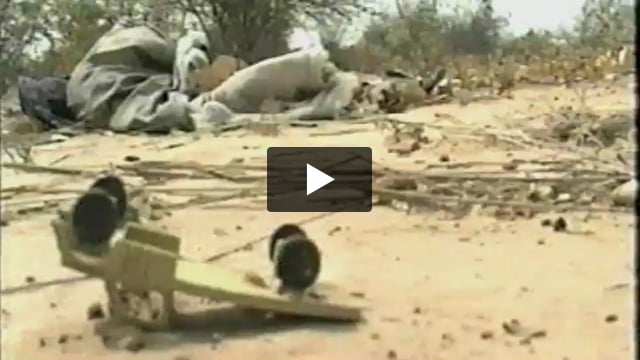Britain’s Foreign Office criticized for misleading public about Botswana
March 11, 2010

This page was last updated in 2010 and may contain language which is now outdated.
A London barrister has criticized the UK’s Foreign Office for failing to acknowledge on its website that the Botswana government illegally and forcibly removed Gana and Gwi Bushmen from their ancestral lands.
Gordon Bennett represented the Bushmen in their four-year legal battle against the Botswana government after it evicted them from the Central Kalahari Game Reserve. The case was the longest and most expensive the country has ever seen, and culminated in 2006 when the Botswana High Court ruled that the evictions were illegal and unconstitutional and that the Bushmen have the right to live in the reserve.
However, Mr Bennett has criticized the Foreign Office for failing to address this in its country profile of Botswana. ‘Its website refers to arguments advanced by the government to justify its relocation of the Bushmen, but it does not explain that the court ruled that the relocation was indeed unlawful’.
Mr Bennett also challenged the Foreign Office’s reference to a ‘constructive dialogue’ between the Bushmen and the government, which it describes as ‘ongoing’. ‘I remain in regular contact with Bushmen who have returned to the reserve’, he said, ‘but do not believe that any of them have participated in discussions with the government’.
The Foreign Office also says nothing of the government’s continued policy of preventing the Bushmen from returning home by banning them from accessing a water borehole on their lands, at the same time as drilling more boreholes for wildlife and allowing the opening of safari lodges with swimming pools on the Bushmen’s lands. Nor does it mention the legal proceedings recently launched by the Bushmen in a bid to gain access to their borehole.
Mr Bennett said, ‘The FCO will understandably not want to take sides in this dispute, but its website is in danger of misleading the public. I am surprised that it makes no reference at all to the difficulties faced by Bushmen denied their human right to water’.
The Foreign Office’s profile of Botswana is at odds with the US State Department’s 2008 report, which heavily criticizes the government for its ‘continued narrow interpretation of a 2006 high court ruling’. While the FCO notes the government’s claim that evicting the Bushmen ‘was necessary to enable them to benefit from the country’s development’, the US report acknowledges they were ‘forcibly resettled’ and describes the Bushmen as ‘economically and politically marginalized’ and without ‘access to their traditional land’.
The UN Special Rapporteur for Indigenous peoples, Professor James Anaya, also recently condemned the Botswana government for denying the Bushmen access to water which he describes as not in keeping with the ‘spirit and underlying logic of the [2006 High Court] decision, nor with the relevant international human rights standards’. Anaya also called on the government to reactivate the borehole ‘as a matter of urgent priority’.
Survival’s director Stephen Corry added, ‘The Foreign Office is failing in its duty to give the British public an accurate picture of Botswana’s human rights record. Anybody considering going to Botswana should be aware of the government’s continued persecution of the Bushmen so they can make an informed decision about whether or not this is a country they want to visit.’



